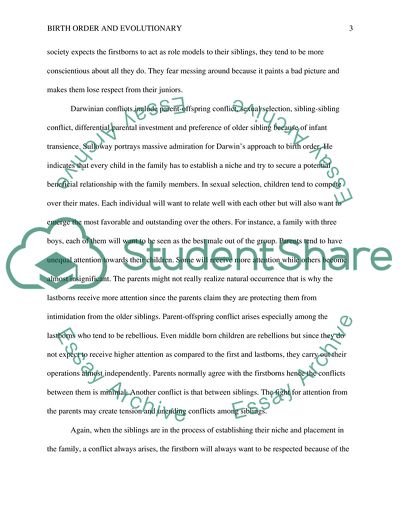Cite this document
(Birth Order Essay Example | Topics and Well Written Essays - 1500 words, n.d.)
Birth Order Essay Example | Topics and Well Written Essays - 1500 words. https://studentshare.org/psychology/1818712-birth-order
Birth Order Essay Example | Topics and Well Written Essays - 1500 words. https://studentshare.org/psychology/1818712-birth-order
(Birth Order Essay Example | Topics and Well Written Essays - 1500 Words)
Birth Order Essay Example | Topics and Well Written Essays - 1500 Words. https://studentshare.org/psychology/1818712-birth-order.
Birth Order Essay Example | Topics and Well Written Essays - 1500 Words. https://studentshare.org/psychology/1818712-birth-order.
“Birth Order Essay Example | Topics and Well Written Essays - 1500 Words”. https://studentshare.org/psychology/1818712-birth-order.


